-
Lisa Palmer, Future Food 2050
Greener Pastures for Cattle Ranching
›November 26, 2014 // By Wilson Center Staff
Imagine an overgrown perennial garden. Impenetrable, shrubby bushes knit themselves together in long rows. Grasses reach chest high. Native hardwood trees hog the perimeter.
-
Can Ecologists and Engineers Work Together to Harness Water For The Future?
›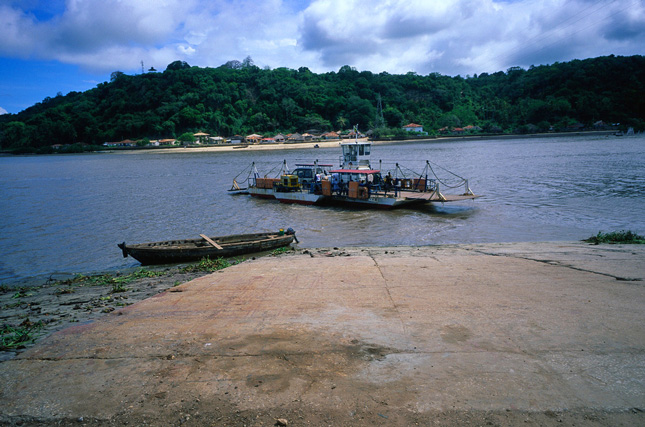
The Pangani River in Tanzania is important for many reasons: its three major dams provide 17 percent of the country’s electricity; it sustains thousands of farmers and herders living in the basin; and its flow of fresh water supports humans, industry, and ecosystems. But most interesting might be the innovative water policies that govern withdrawals, infrastructure projects, and ecosystems along its banks.
-
World Population and Human Capital in the 21st Century
›
With UN demographers more certain than ever that global population will reach between 10 and 12 billion by the end of the century, the challenge of building a sustainable future seems daunting. But according to Wolfgang Lutz, founding director of the Vienna-based Wittgenstein Center for Demography and Global Human Capital, these projections miss one crucial variable: increasing levels of education. [Video Below]
-
India’s National Green Tribunal Charts Bold Course Towards Sustainable Development
›
SHILLONG, India – India’s National Green Tribunal (NGT), a judicial body with legal authority that ranks just below the Supreme Court, is quickly emerging as one of the world’s most important forums for testing the idea that economic advancement is tightly wired to public safety and the security of water, air, and land.
-
Pentagon Sustainability Report, IPCC Synthesis Highlight Climate Challenges and Responses
› The culmination of five years of work by three working groups comprising hundreds of scientists around the world, the Intergovernmental Panel on Climate Change’s Fifth Assessment was released in parts throughout this year. A newly released synthesis presents their findings in one document.
The culmination of five years of work by three working groups comprising hundreds of scientists around the world, the Intergovernmental Panel on Climate Change’s Fifth Assessment was released in parts throughout this year. A newly released synthesis presents their findings in one document. -
Necessary Partners: The Sahel Shows Why Development and Resilience Efforts Can’t Forget Men
›
One-third of boys in the developing world don’t face the risk of marriage and pregnancy before age 18. There are no laws preventing men from owning land or property. Men don’t bear the brunt of increasingly frequent and severe disasters. And men don’t hold fewer than 25 percent of parliamentary seats worldwide.
-
Water and New Development Path Are Priorities in U.S.-China Climate Agreement
› NEW DELHI, India – There are nearly 1.3 billion people in this swarming democracy, where over 66 percent of eligible voters cast ballots in the general election last May. A few of them took me aside this week to express surprise at the puzzle that is the American electorate and its national leadership.
NEW DELHI, India – There are nearly 1.3 billion people in this swarming democracy, where over 66 percent of eligible voters cast ballots in the general election last May. A few of them took me aside this week to express surprise at the puzzle that is the American electorate and its national leadership. -
Dividend or Divide? Africa’s Demographic Challenge
›
“Sub-Saharan Africa’s young people are in effect the global labor force of the future,” said Jack Goldstone at the Wilson Center on October 15. “Whether they are productive, how large that cohort turns out to be, whether they find work or not, is going to have a bearing, I think, on all of us.” [Video Below]
Showing posts from category climate change.


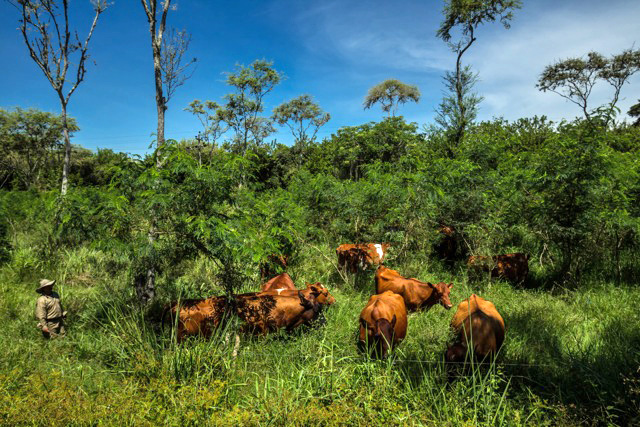
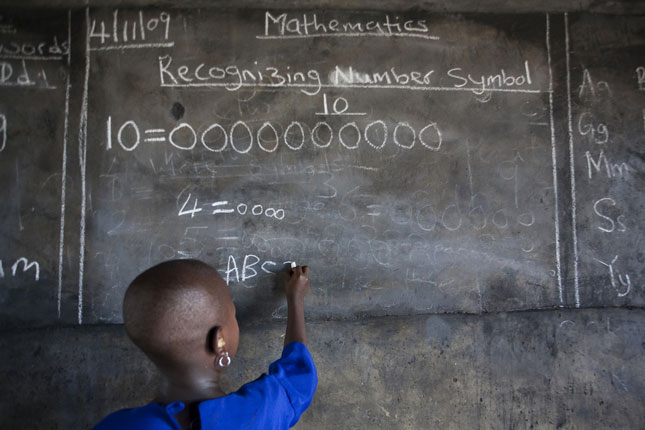
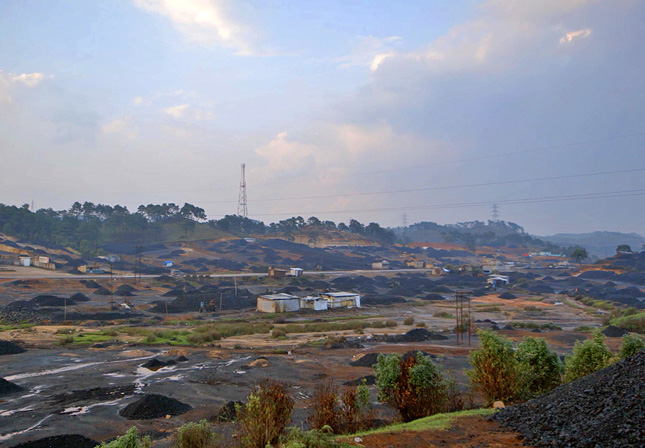

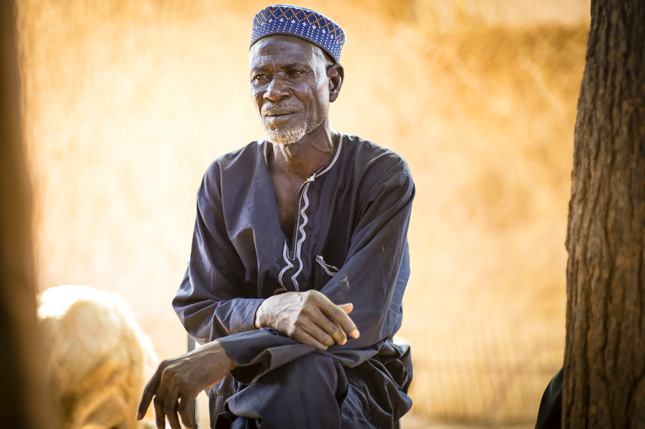
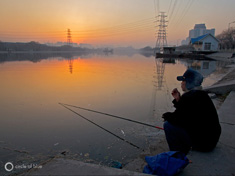 NEW DELHI, India – There are nearly 1.3 billion people in this swarming democracy, where over 66 percent of eligible voters cast ballots in the general election last May. A few of them took me aside this week to express surprise at the puzzle that is the American electorate and its national leadership.
NEW DELHI, India – There are nearly 1.3 billion people in this swarming democracy, where over 66 percent of eligible voters cast ballots in the general election last May. A few of them took me aside this week to express surprise at the puzzle that is the American electorate and its national leadership.


